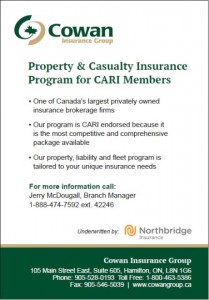THE PROMPT
Newsletter of the Canadian Association of Recycling Industries
Volume 6, No. 9, September 2014
INSURANCE TIPS
Risk Control
When insurers assess the operations of a scrap metal recycler for risk control, there look at several key exposures: property, liability, and auto. By properly identifying your operation’s hazards and exposures, you can ensure essential mitigating controls are in place. This will also afford you the ability to strive for best practices that will increase your organization’s safety while reducing the risk of losses and future claims.
In the scrap industry, the most common concerns for property exposures are fire and theft. The most prevalent liability exposure would be third-party injury. And although not exclusive to this industry, any fleet operations include a host of auto-related exposures.
Listed below are some key property exposures.
Large sums of cash on-hand
The purchase of scrap metal materials often involves a cash transaction and significant amounts of cash may be kept on hand. Precautionary procedures for money handling and an appropriate burglar-resistant safe are required; a Class-4 or Class-5 safe is recommended. It is best to keep the safe in a locked building with a monitored burglar detection system on both the building and the safe. The amount of cash kept overnight should be minimized to further reduce risk of losses. To maximize security, these precautions could be supplemented with a watch service and security patrols.
Premium valued metals
To lower the theft risk of valuable metals, these materials should always be stored inside a secured cage or enclosure within a locked building that features a monitored burglar detection system. These metals should also be picked-up on a frequent basis to minimize the value on the premises.
Mobile equipment theft exposure
Keeping up-to-date and detailed records of all equipment is essential, and marking equipment with a unique identifier is recommended. Equipment cab doors should be kept locked with keys removed when not in use; locks, collars, and boots to secure moving parts will assist in immobilizing equipment. For added protection, engine immobilizers and tracking devices may be installed on mobile equipment.
[su_divider top=”no”]
CARI EVENTS
FALL CHAPTER MEETINGS
BC CHAPTER
September 8 – River Rock Casino, Richmond B.C.
6PM Cocktails, 7PM Dinner
Contact Hussein Lalani to register (778-996-8877)
ALBERTA CHAPTER
September 9 – Deerfoot Inn & Casino, Calgary AB
6PM Cocktails, 7PM Dinner
Contact Dan Klufas to register
PRAIRIE CHAPTER
September 10 – Hy’s Steakhouse, Winnipeg MB
6PM Cocktails, 7PM Dinner
Contact Adam Chisick to register
ATLANTIC CHAPTER
September 11 – ALT Hotel Halifax Airport, NS
6PM Cocktails, 7PM Dinner
Contact Angela Tracey to register (902-450-5633)
________________________________
CARI’s 17th Annual Consumers’ Night
October 20, 2014
at the Hyatt Regency Hotel, Toronto
[su_divider top=”no”]
OTHER UPCOMING EVENTS
September
Sept 16–17 New Orleans, LA
2014 Resource Recycling Conference
Resource Recycling
www.rrconference.com
Sept 24–26 Hamburg, Germany
19th International Congress for Battery Recycling
ICM
www.icm.ch
October
October 22–23 Orlando, FL
E-Scrap 2014
www.e-scrapconference.com
March 2015
March 26-28 Toronto, ON
OARA Trade Show & Convention
[su_divider top=”no”]
Canadian Association of Recycling Industries
130 Albert Street Suite 1906
Ottawa, On K1P 5G4
Canada
Telephone: 613-728-6946
Fax: 705-835-6196


